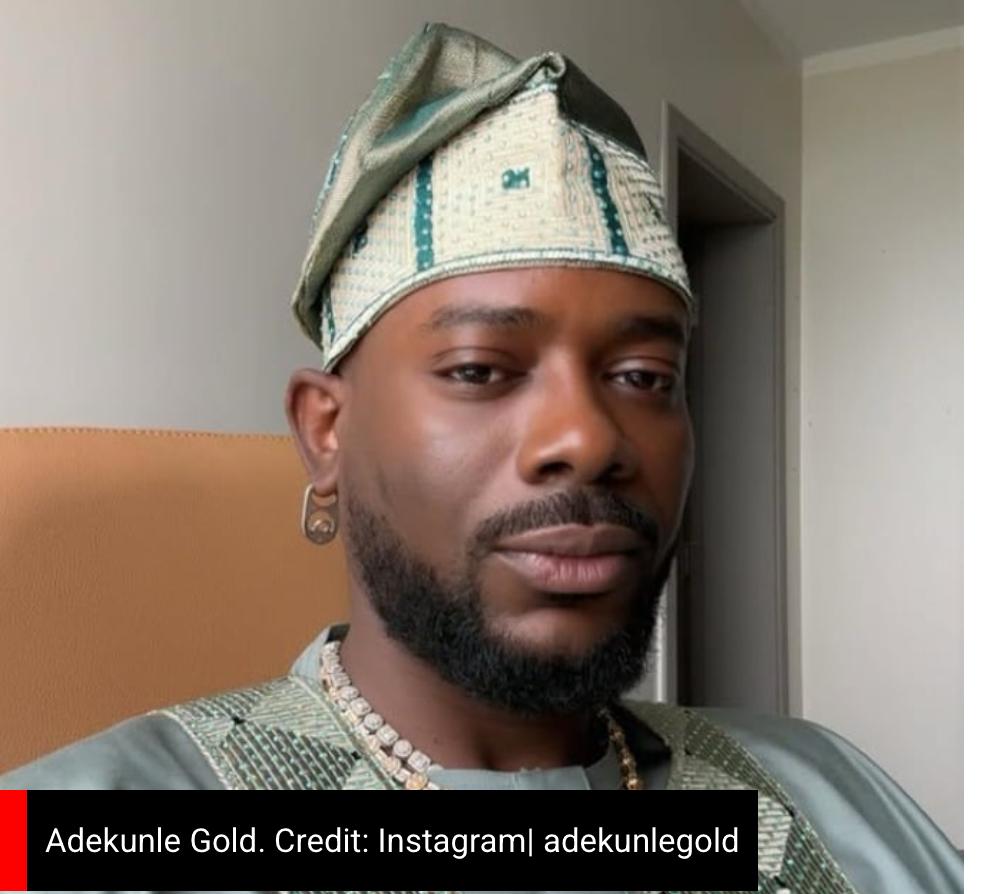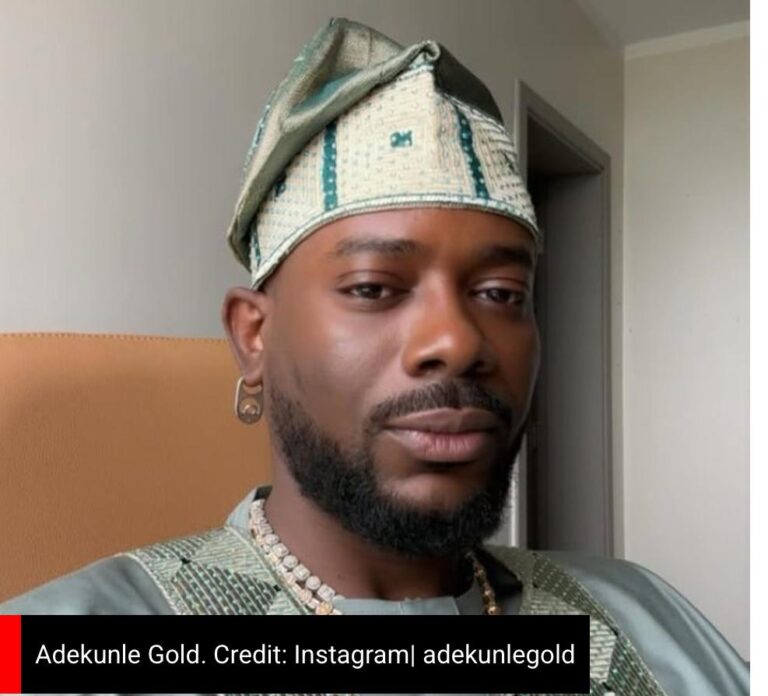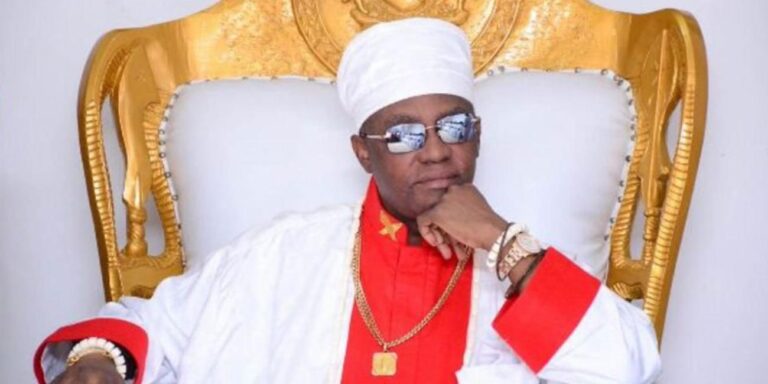
Adekunle Gold, a Nigerian singer, is scheduled to release his sixth album, “Fuji”, on Friday, paying tribute to the ancestral sounds of his homeland, thereby reconnecting with his musical roots. In a conversation with AFP in Paris, Gold observed, “That sound is the soundtrack of Lagos, pervasive and the foundation of Afrobeats and contemporary music.”
As a member of the Kosoko royal family, the Afropop icon derives inspiration from the Indigenous Yoruba community, one of the largest ethnic groups in West Africa. It is “one of the oldest sounds of Nigeria”, the 38-year-old singer stated.
Fuji music, a prominent genre born out of Yoruba Muslim culture, is distinguished by its rapid beats, extensive ensemble of percussion instruments, and lyrics centered on pivotal sociopolitical themes.
The genre gained momentum in Nigeria in the 1960s, shortly after the country attained independence.
The late singer-songwriter Ayinde Barrister, widely regarded as the pioneer of Fuji music, named the style after the renowned Japanese mountain.
Gold’s music represents a thoughtful fusion of Nigeria’s traditional musical elements and the catchy hooks of contemporary R&B, aligning him with artists like Burna Boy and Davido who have successfully bridged cultural divides for a global audience.
“Listening to the music is a captivating experience that inspires physical movement,” the singer commented.
“The diverse sounds of Nigeria, including Fuji and Highlife, possess an extraordinary ability to evoke feelings of vitality, which likely accounts for their widespread popularity,” he stated.
The visually striking music video for “Party No Dey Stop,” a collaboration with Zinoleesky, showcases vibrant fashion, lively dance, and flower-covered boats, accumulating 29 million YouTube views and marking his first major success in the United States.








